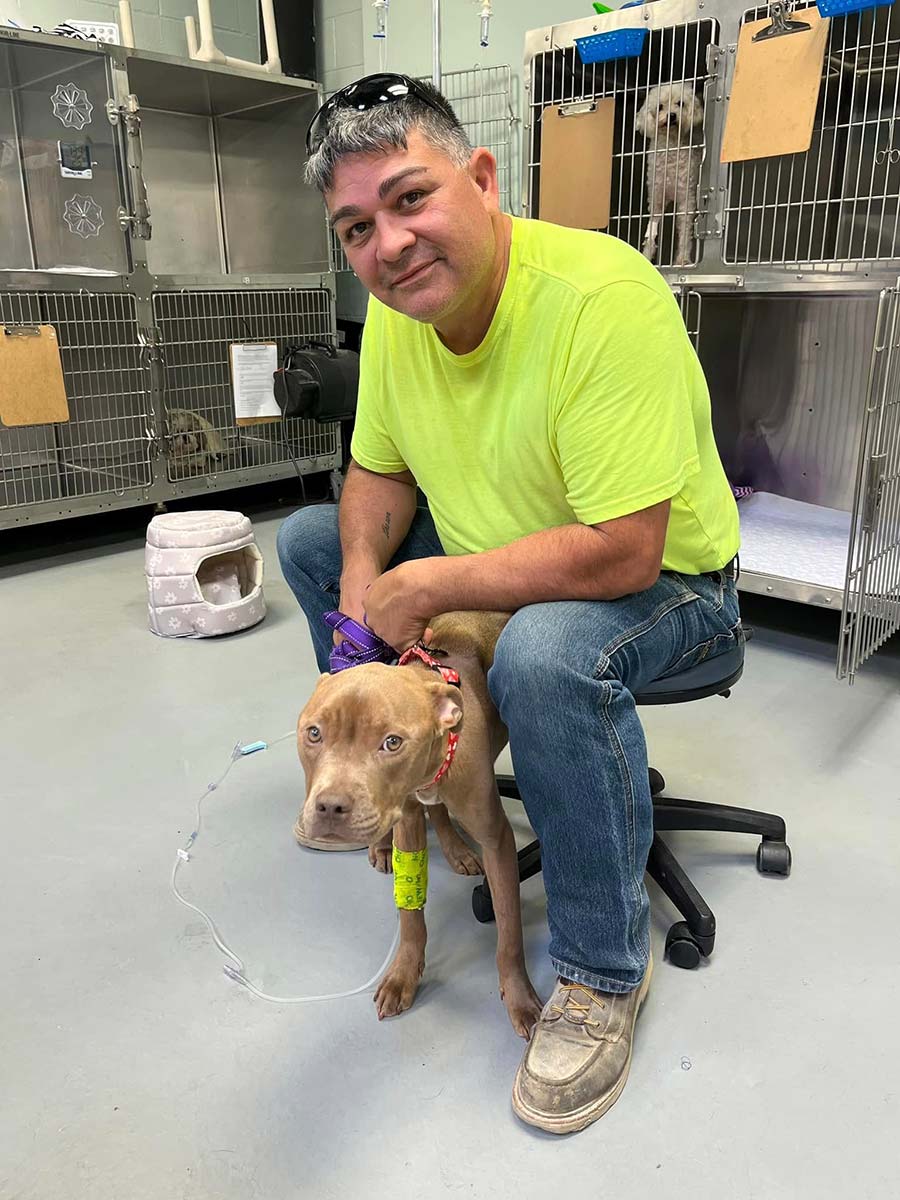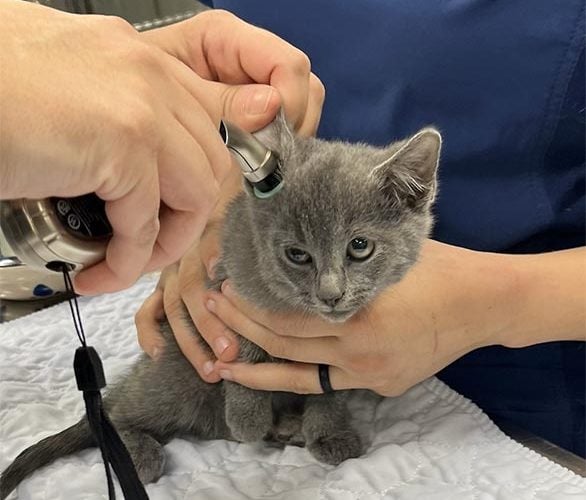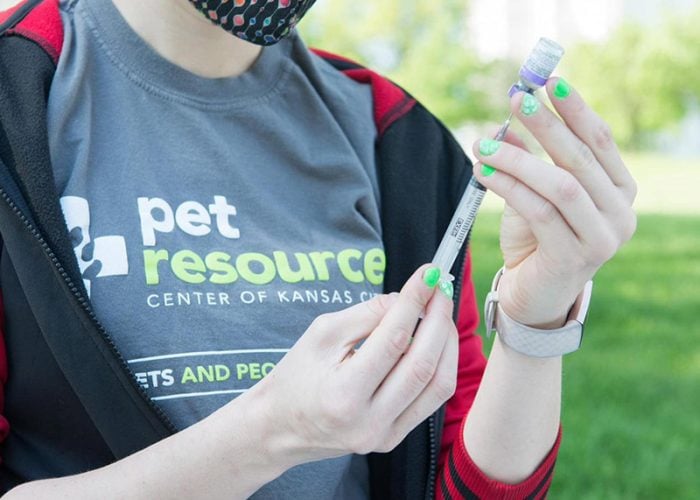Gastrointestinal (GI) issues such as vomiting and diarrhea are common in pets, and while occasional digestive upset may resolve on its own, it’s important for pet owners to recognize when symptoms require emergency care. Understanding the potential causes and warning signs of serious conditions can help ensure the best possible outcome for your furry friend.
Common Causes of GI Issues in Pets
There are many reasons why a pet might experience digestive upset. Some of the most common causes include:
- Dietary indiscretion (eating something they shouldn’t, such as garbage or table scraps)
- Infections (bacterial, viral, or parasitic)
- Food allergies or intolerances
- Toxin ingestion (such as certain plants, medications, or chemicals)
- Underlying medical conditions (such as pancreatitis, kidney disease, or inflammatory bowel disease)
- Stress and anxiety, which can contribute to temporary digestive issues
When to Seek Emergency Veterinary Care
While mild digestive upset can often be managed at home, certain symptoms indicate the need for immediate veterinary attention. Contact your veterinarian right away if your pet experiences:
- Prolonged vomiting or diarrhea (lasting more than 24 hours or occurring frequently in a short period)
- Blood in vomit or stool, which may appear as bright red streaks or dark, tarry stools
- Severe lethargy or weakness
- Signs of dehydration, such as sunken eyes, dry gums, and decreased skin elasticity
- Abdominal pain or bloating, which may indicate a serious condition like gastric torsion or intestinal obstruction
- Suspected ingestion of toxins or foreign objects, as these can lead to life-threatening complications
These symptoms may be signs of severe illnesses such as pancreatitis, intestinal blockages, or bacterial infections, all of which require urgent medical intervention.
At-Home Care Before Visiting the Vet
If your pet has mild symptoms, you can take some initial steps to help them feel better before heading to the vet:
- Withhold food for 12-24 hours to allow the digestive system to rest (only if your vet advises this, and never for young puppies or kittens)
- Ensure hydration by offering fresh water or an electrolyte solution
- Introduce a bland diet of boiled chicken and rice in small portions once vomiting or diarrhea subsides
However, never administer human medications without consulting a veterinarian, as some can be toxic to pets. Always monitor your pet closely for worsening symptoms.
Preventing GI Issues in Pets
Prevention is key to maintaining your pet’s digestive health. Here are some steps you can take:
- Feed a high-quality, balanced diet appropriate for your pet’s age and health status
- Keep harmful substances out of reach, including human food, medications, and household toxins
- Maintain regular parasite prevention to avoid infections
- Minimize stress by providing a stable routine and a calm environment
- Schedule regular veterinary check-ups to detect potential health issues early
By understanding the causes, warning signs, and preventive measures for GI issues, pet owners can play a crucial role in keeping their pets healthy. If you’re ever unsure about your pet’s symptoms, it’s always best to consult a veterinarian for guidance. A proactive approach can help prevent serious gastrointestinal complications and keep your pet happy and thriving!


